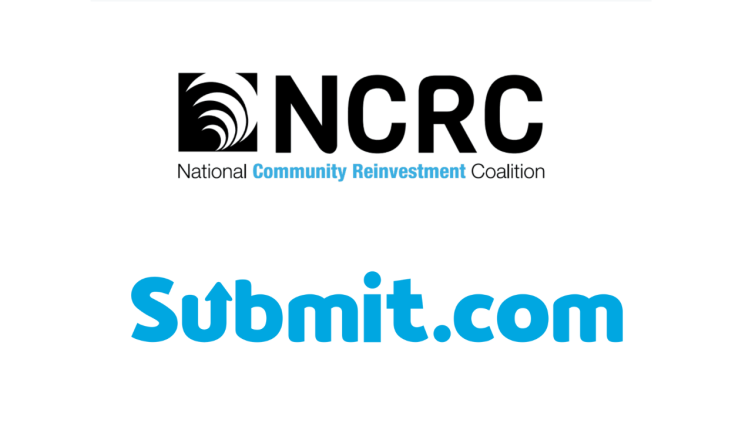Future of Philanthropy
The future of philanthropy is evolving towards a more holistic approach, where charitable living becomes an integral part of our daily lives, impacting the way we work, play, and invest. This shift in philanthropy is driven by emerging generations, who are more optimistic about the potential for change and are adopting new approaches to giving, particularly in areas such as hunger and access to basic health services.Key trends shaping the future of philanthropy include:
- Charitable Living: As the focus shifts from charitable giving to charitable living, donors are increasingly looking for ways to integrate philanthropy into their daily lives, rather than treating it as a separate activity.
- Collaboration: Younger donors often want to see organizations partnering together to create action and change. They value collaboration across sectors and are more likely to support causes that foster a positive impact.
- Transparency and Communication: Next-gen donors are educated on the issues they’re passionate about and want to ensure that the organizations they support are transparent and communicate their impact effectively.
- Impact-Driven Philanthropy: Donors are becoming more interested in understanding the impact of their support and reviewing data that shows the success (or lack thereof) of their investments.
- Endowment Investment: Some organizations are exploring how endowment investment can be better aligned with a foundation’s mission, leading to more efficient, effective, and equitable philanthropy.
- Trust-based philanthropy: One of the significant macro drivers of change in philanthropy is trust, which will shape the evolution of philanthropy over the next decade. Trust-based philanthropy is becoming increasingly important, and building trust is a key factor in the changing landscape of philanthropy.
As we move towards 2030, philanthropy is expected to become a stronger force for good in our economy, society, and environment, with a focus on spending more, spending better, and operating more systemically. The role of philanthropy in the future will be set against the backdrop of significant external challenges, such as climate change and the transition to net-zero carbon emissions.
Millennials are bringing a fresh perspective to philanthropy, prioritizing social good and adopting more social and inclusive outlooks. This suggests that the strength of the trends analyzed will grow over time, pushing the edge of how philanthropy and social change are defined. Additionally, the evolving ways of giving and the impact of technology on the sector are influencing the future of philanthropy, leading to a fundamental shift in when we give, how we give, how we receive, and how change is created through philanthropy.
The future of philanthropy is evolving towards a more integrated and impactful approach, where charitable living becomes a natural part of our daily lives. Embracing new approaches to giving and collaboration, as well as focusing on transparency, communication, and impact, will be key to shaping the future of philanthropy and creating a more equitable and sustainable world.









